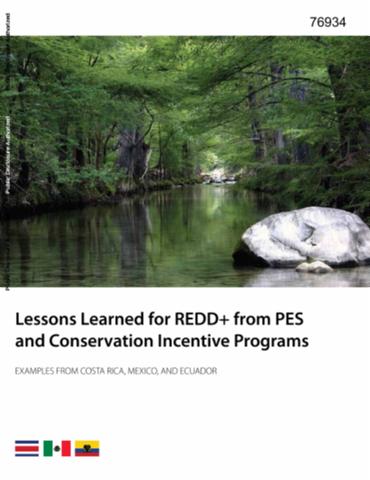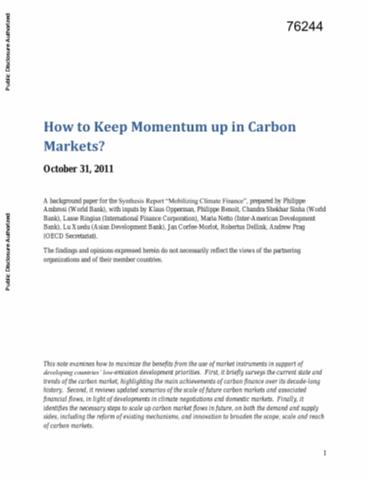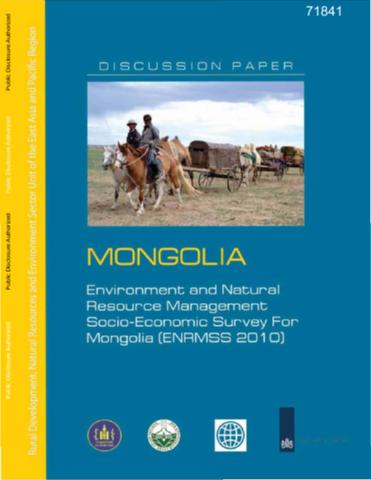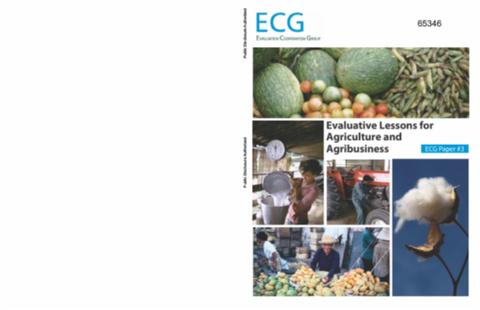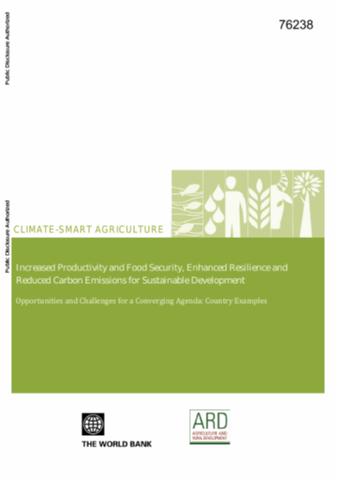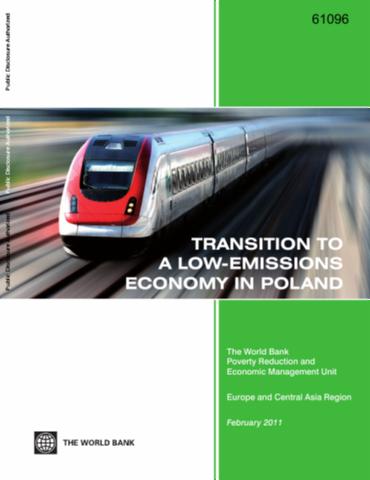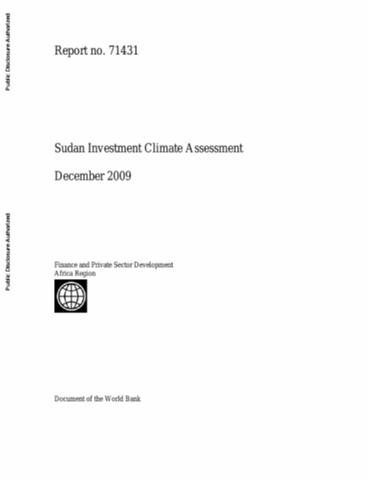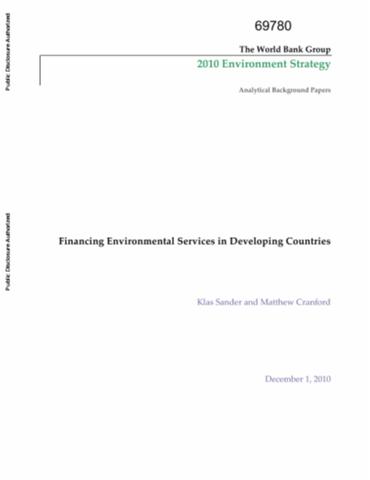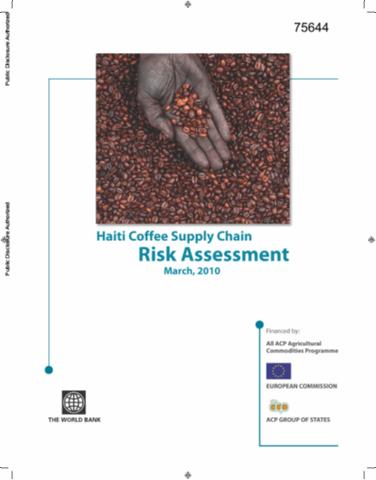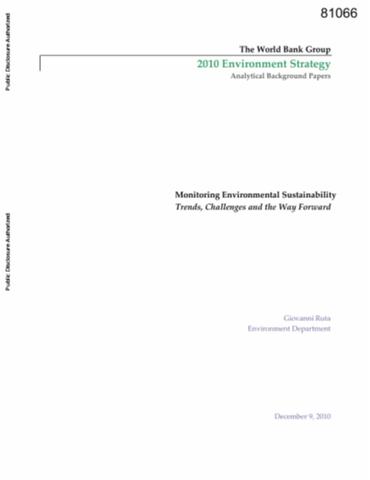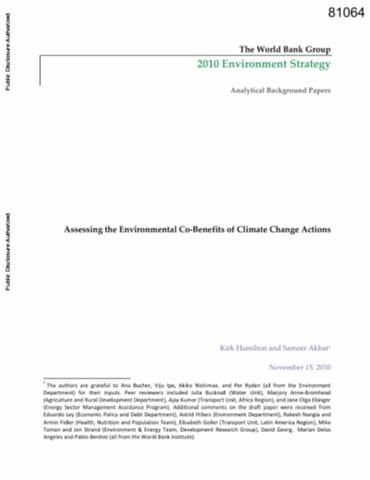À mesure que les impacts du changement climatique s’intensifient, il est essentiel de comprendre si l’humanité est sur la bonne voie pour s’adapter ou sur la voie d’une augmentation des niveaux de risque. Cela soulève de nombreux défis, notamment méthodologiques. Dans le sillage de la COP28, cette conférence vise à explorer les outils qualitatifs innovants pour mesurer les progrès d’adaptation, offrant des perspectives complémentaires aux méthodes quantitatives traditionnelles.

Alors que le changement climatique continue de s'accentuer, et que les risques associés deviennent plus intenses et complexes que prévu, le dernier rapport du GIEC a montré que les politiques et les projets d’adaptation au climat sont souvent mal suivis.
Les méthodes d’évaluation basées sur des indicateurs quantitatifs ont été jusqu’à présent prédominantes, mais elles montrent des limites, notamment en ce qui concerne la difficulté d’identifier les données statistiques qui saisissent la nature complexe de l’adaptation (par exemple, au-delà des mesures quantitatives du PIB ou du revenu).
Cet événement vise à présenter des outils qualitatifs innovants pour mesurer l’adaptation basés sur des jugements d’experts structurés : Gap Track (IDDRI), le Système d’évaluation de la résilience (Banque mondiale) et le Diagnostic de la capacité d’adaptation et de résilience des pays (Banque mondiale), sont des contributions majeures pour mieux évaluer les progrès de l’adaptation à différentes échelles.
De tels outils d’évaluation peuvent donc s'avérer essentiels, à la fois pour alimenter l’Objectif mondial d’adaptation (GGA) de la CCNUCC, en particulier le programme de travail biennal sur les indicateurs décidés à la COP28, ainsi que pour les ministères de l’Environnement et tous les partenaires de développement international, dans la perspective du deuxième bilan mondial en 2028.
Le webinaire se tiendra en ligne uniquement, en anglais avec traduction française simultanée.
En savoir plus sur le programme AdaptAction : www.afd.fr/adaptaction


